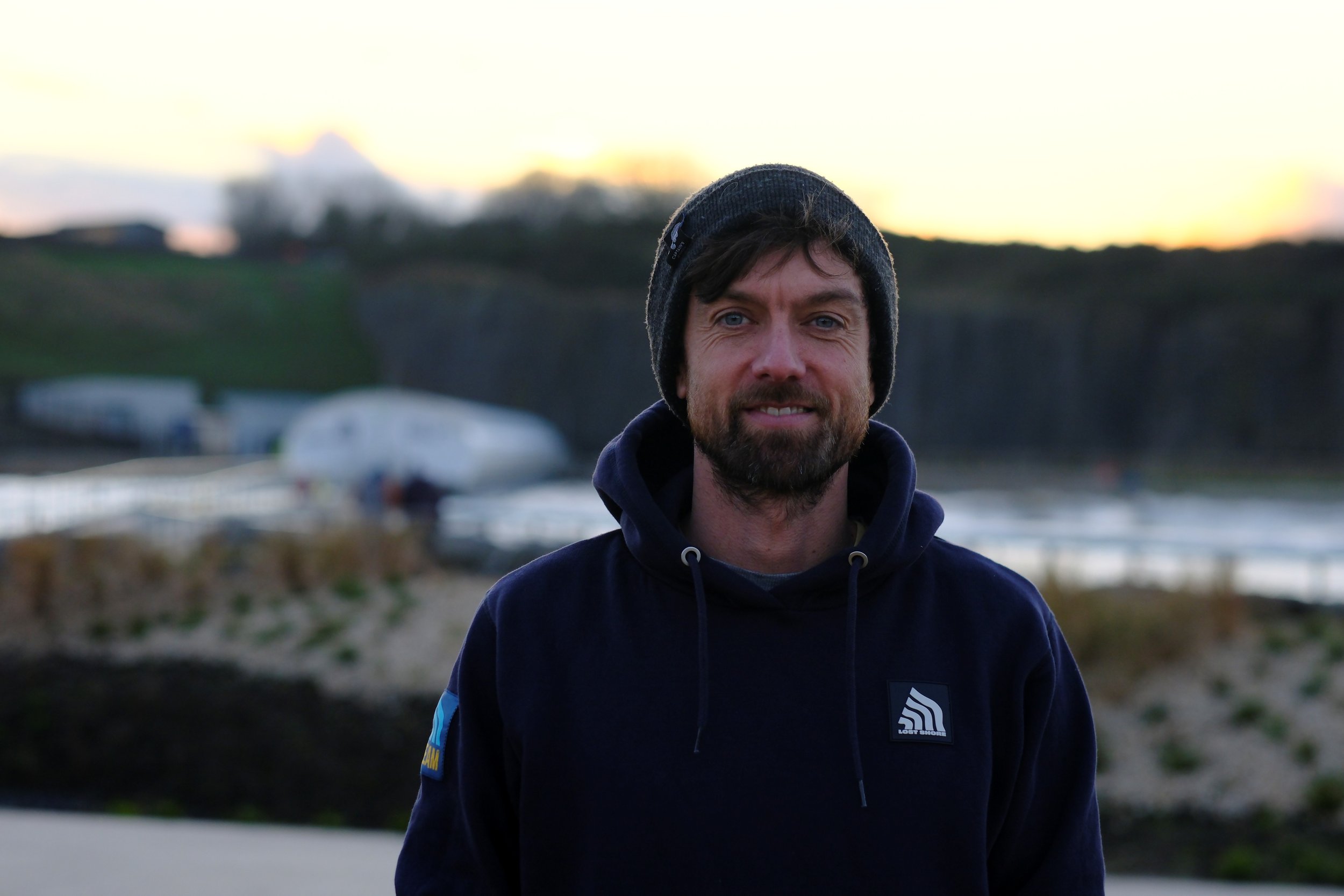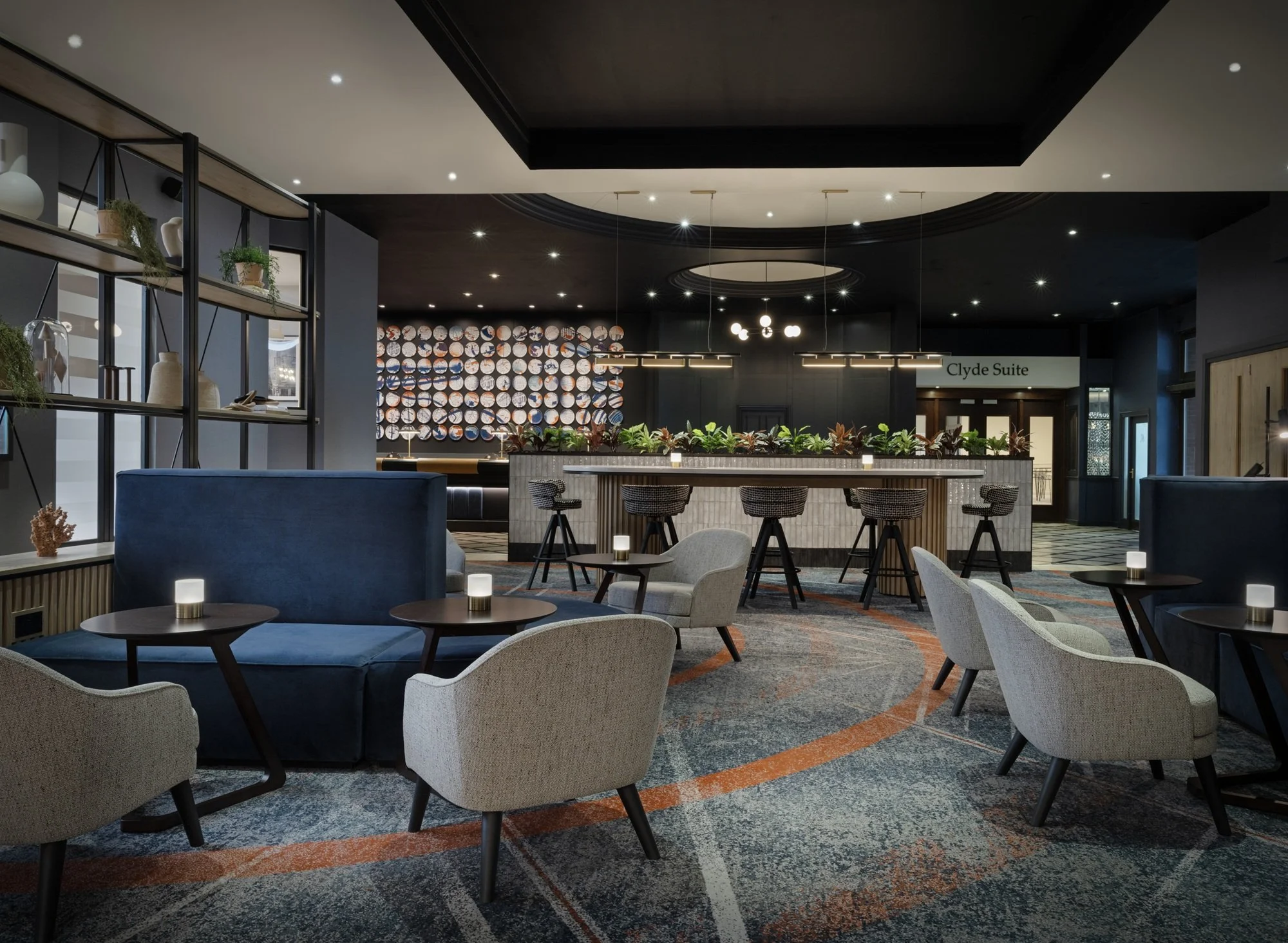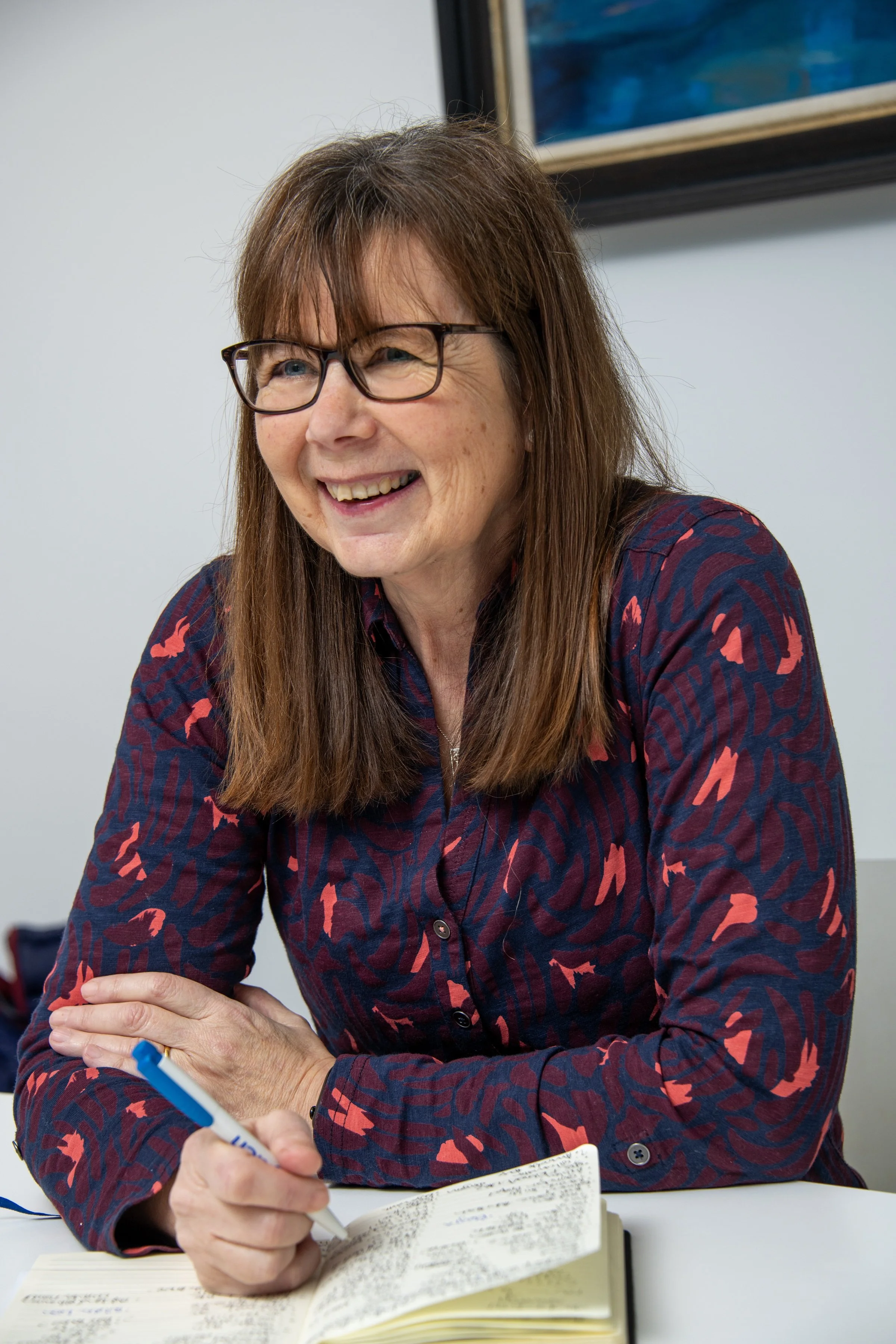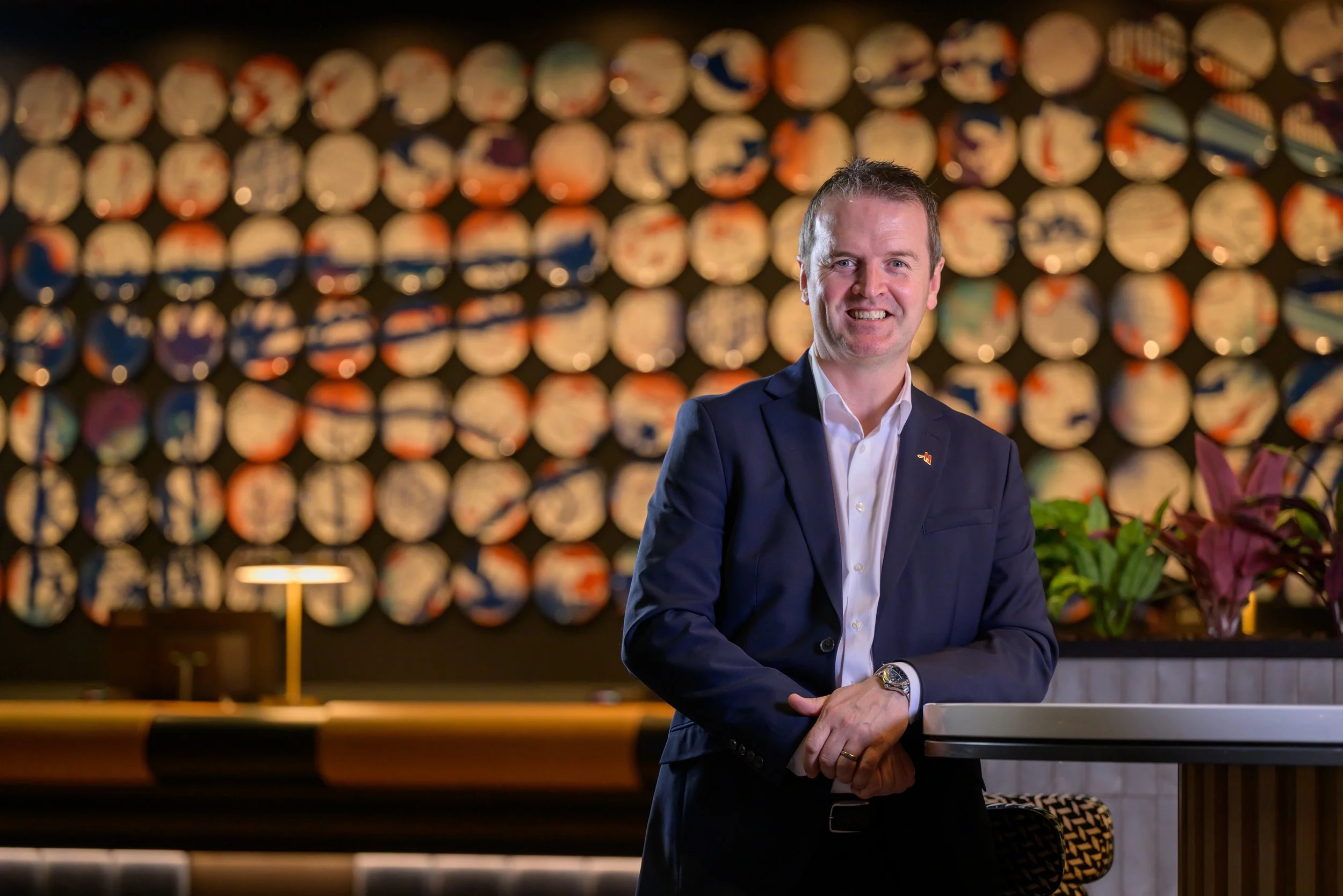‘Adaptive reuse’ breathing new life into Scotland’s forgotten buildings
In 2022, it’s hard to imagine a village, town or city across Scotland which hasn’t seen historical buildings fall into disrepair. As the need for new affordable homes, schools and cultural spaces continues to grow we forget about the buildings which, for generations, were part of the social fabric of our communities. Churches, burgh halls, train stations and even libraries don’t play the prominent role they once did with many neglected to the point where extensive repairs are potentially required before partial collapse becomes a reality.
There is a solution however, and that’s where expert engineers, like those here at Will Rudd Davidson, come in. The term ‘adaptive reuse’ is one used across the construction and engineering sector to describe the repurposing of existing structures for new use.
At Will Rudd Davidson, we have a well-established tradition of championing Scotland’s built heritage with vast experience across our team of delivering engineering solutions to problems associated with old buildings - ensuring they can, once again, be used for common purpose.
We have a long history of working on Listed Buildings and are well versed in sympathetic repair and strengthening techniques to marry works into historic fabrics. As a reflection of this commitment, we hold an accreditation with the Conservation Accreditation Register for Engineers (CARE) Scheme and we frequently collaborate with bodies like Historical Environment Scotland and the Register of Architects Accredited in Building Conservation (AABC).
As a senior engineer I find it incredibly rewarding working with challenging sites, particularly those classed as adaptive reuse.
For these projects it’s useful to think of engineers as orthopaedic surgeons tasked with preserving and setting right the bones of a building. In many cases of adaptive reuse, our role is that of a forensic investigator carrying out extensive survey work to develop a clear understanding of the existing structure in order to maximise the opportunity to justify and retain the existing fabric.
Not only does adaptive reuse give us the opportunity to preserve existing buildings, it also offers practical alternatives like lower construction costs with little or no requirement for demolition. Therefore it’s a quicker and more environmentally sympathetic process in the long run. It can also be popular with the local community, reducing the risk of objections. These projects often include buildings that are ‘poor’ from an energy efficiency and sustainability perspective. Upgrades can now be made with little structural impact, maintaining the historic integrity of the building whilst enhancing its future energy performance.
A current example of adaptive reuse we are involved with is at the George Street development in Glasgow for Chris Stewart Group. Working closely with our partners Hoskins Architects and contractors Thomas Johnstone and Ogilvie Construction, we need to be incredibly mindful of the site location. With it being in the city centre, logistics present a considerable challenge.
Through our engineering role, along with our particular specialism and experience of working with Listed Structures, we have helped oversee a variety of in-situ repairs and renovations at George Street to adapt and restore building structures for new use, whilst retaining the existing fabric. We have worked to strengthen existing timber and concrete floor elements, repaired stonework façades and refurbished original glazed dome skylights.
It’s a privilege to play a part in breathing new life into buildings which have, in many cases, stood for centuries and witnessed some of Scotland’s most significant points in history. These are the buildings which must be preserved for future generations. It certainly gives the term ‘upcycling’ a whole new meaning.
Andrew Yule is a Senior Engineer/Team Leader with Will Rudd Davidson, Glasgow







